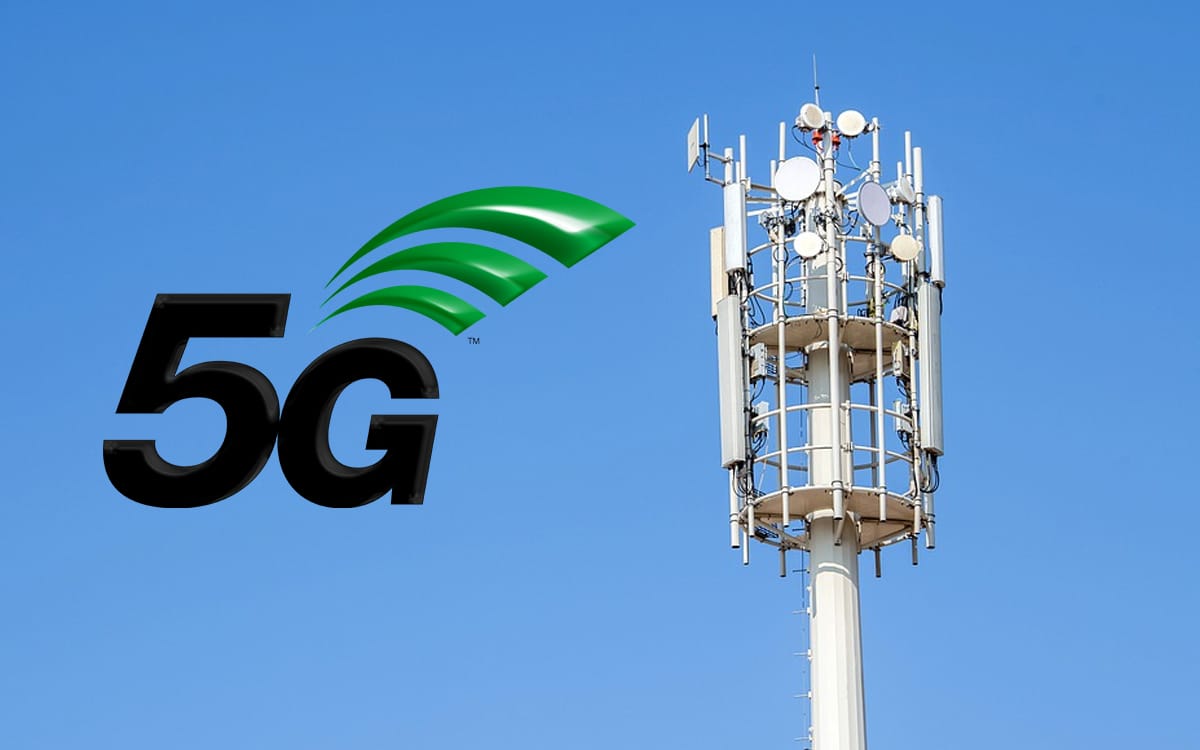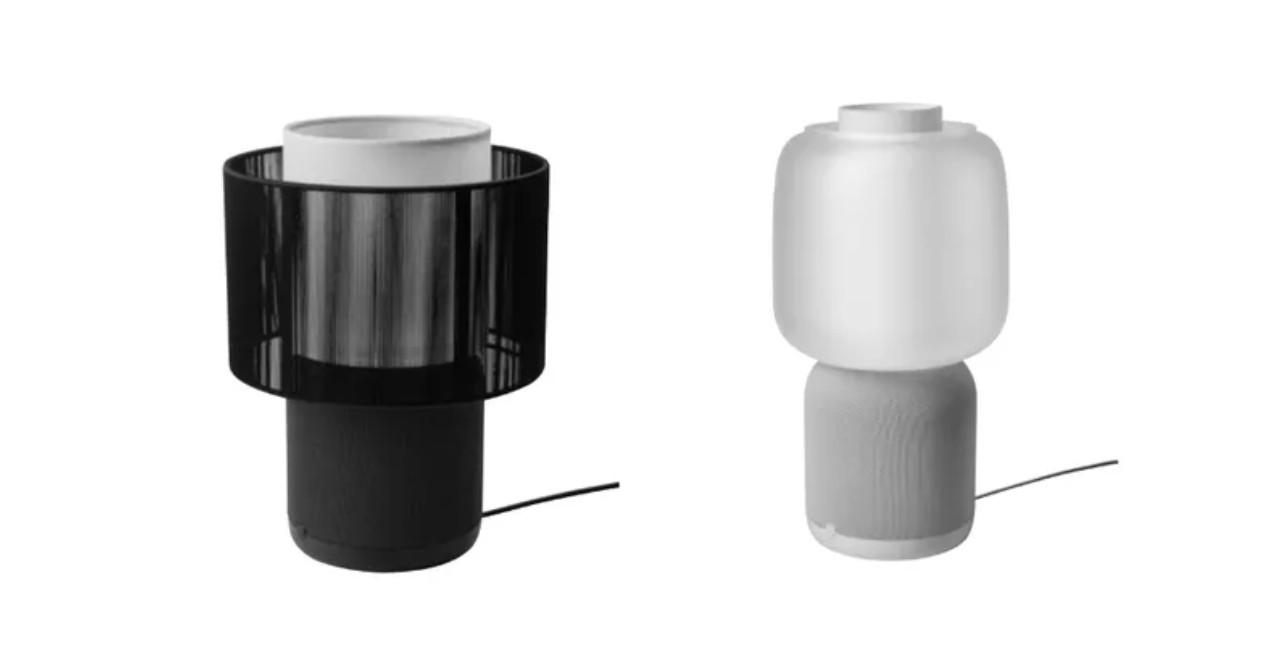
If we thought that Microsoft had already shown all its cards when it came to artificial intelligence, Windows Copilot has been the demonstration that it is notthat in fact they were still saving an even more revolutionary move than the incorporation of AI in Bing and Microsoft 365. Now, it is fair to say that this step was very difficult, if not unthinkable, if it were not so much for the experience as well as the acclimatization to the concept that the Redmond chatbot has provided.
Today Microsoft Build 2023, Microsoft’s annual event for developers, has started, a meeting that does not usually attract as many headlines as the recent Google I / O or the already very close WWDC of Apple, but that this year aims to reverse that trend, for the Redmonds have decided that it’s time to substantially expand the integration of artificial intelligence again (thus amortizing its enormous financial investment in OpenAI) in its extensive catalog of products and services.
The most notable novelty for the consumer market is, as I mentioned at the beginning, the leap from the AI-based assistant to the operating system with Windows Copilot, an assistant that will be integrated into Windows, and that will be in charge of providing quick access and automatic execution of certain actions. And of course, as you may have already imagined, it will also integrate the functions of the new Bing, thus providing centralized access to functions, applications and information, a proposal that at least in the first instance sounds very attractive.
The integration of Windows Copilot in Windows 11 uses a familiar format, a bar that will be displayed on the right side of the desktop when we want to open it, for which we will have to click on a button on the taskbar. Once opened, Microsoft claims, “Windows Copilot stays consistent across all your apps, programs, and windows, always available to act as your personal assistant.«, a statement that invites us to think that its integration with the operating system and applications should be quite high.
An interesting aspect is that Windows Copilot will be able to make adjustments to system settings, a type of operation that many users without a technical profile prefer to avoid. If this has been resolved so that it is as simple as it should be, we could find ourselves facing a huge improvement in the experience of using Windows 11, although I understand that there will be other users to whom the possibility of the assistant to reach “the guts” of the operating system will seem a bit worrisome.
Windows Copilot arrives to fill the gap left by Cortana, Microsoft’s voice assistant that, unlike Siri, Google Assistant and Alexa, did not manage to gain a significant share of users. Thus, the lack of a virtual assistant in the Redmond operating system contrasted with its presence in both macOS and mobile operating systems. Now, with this move, the company is not only catching up with its main competitors, but could be ahead of them, giving new impetus to the already very effervescent field of AI integration.
And when can we try it? Well, the truth is that Windows Copilot will not take long to reach users, it is expected its first preview version for Windows 11 for the month of June.



